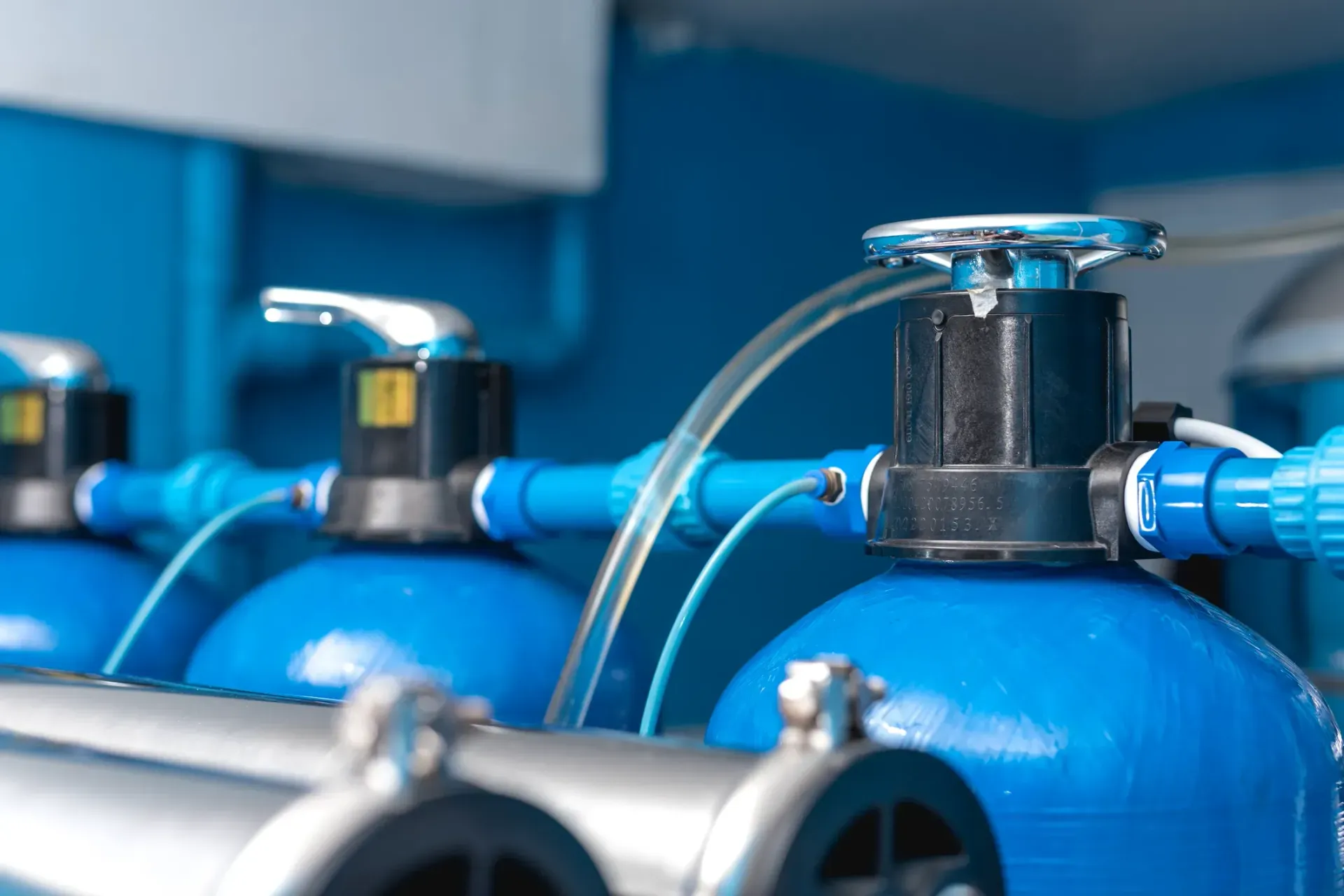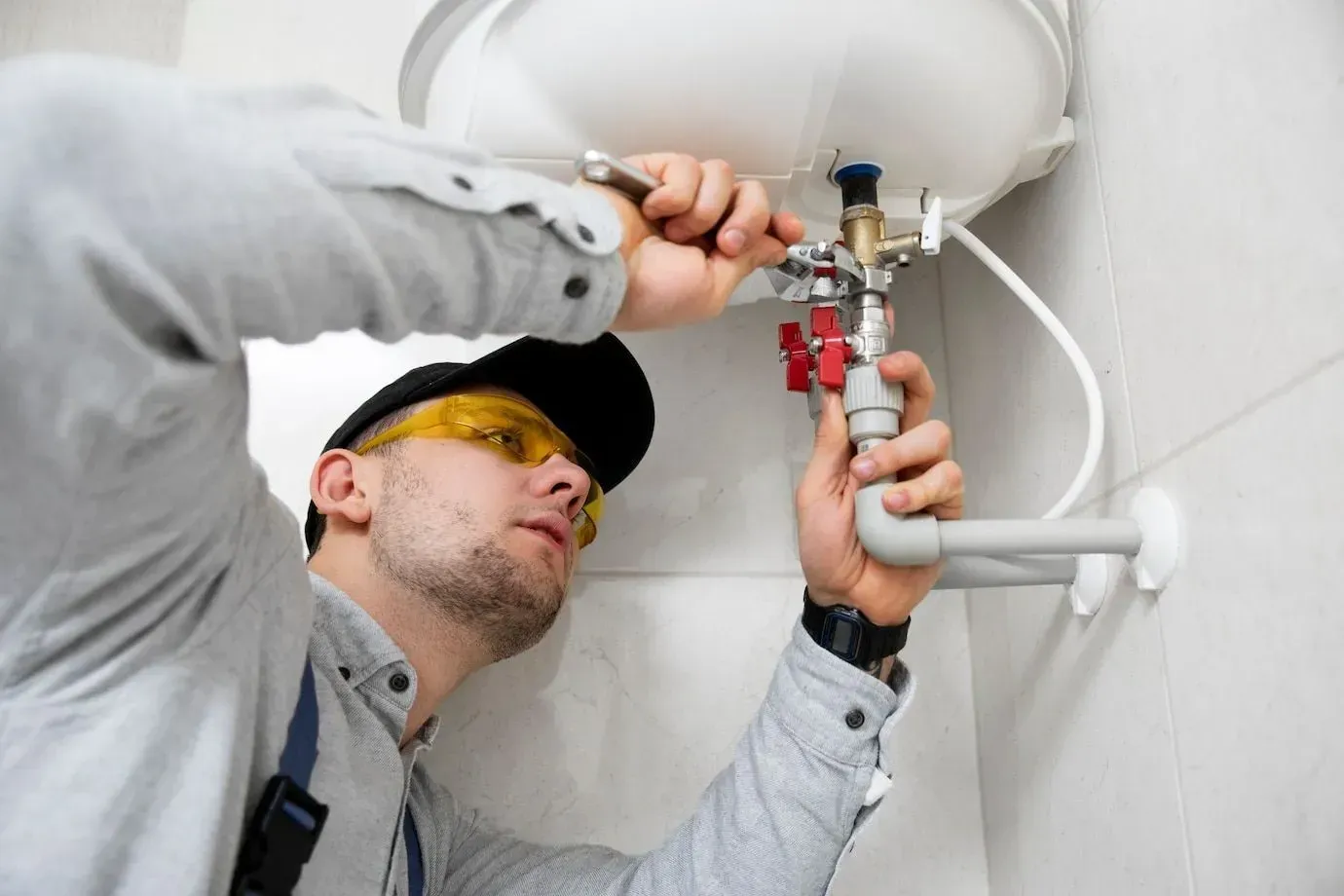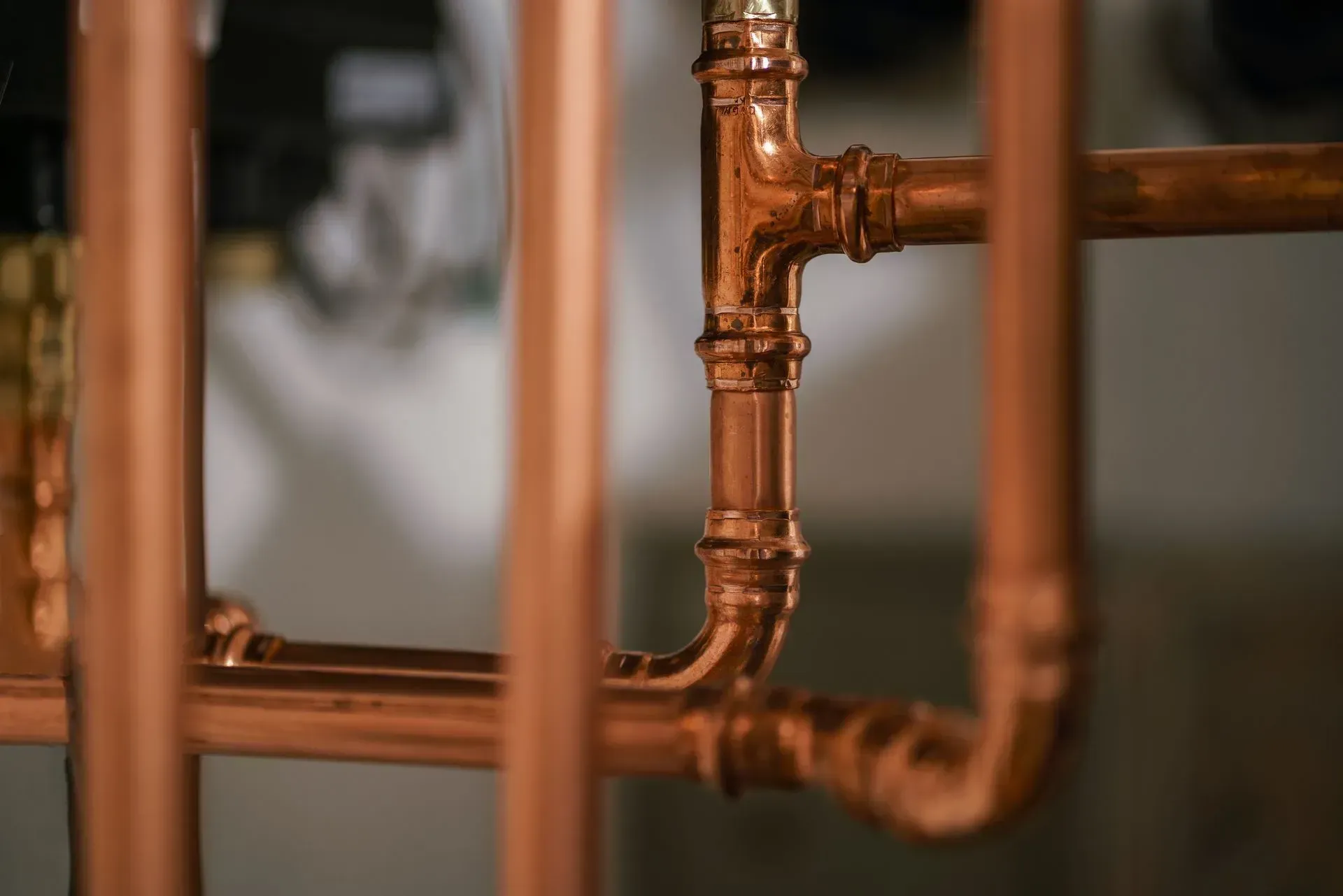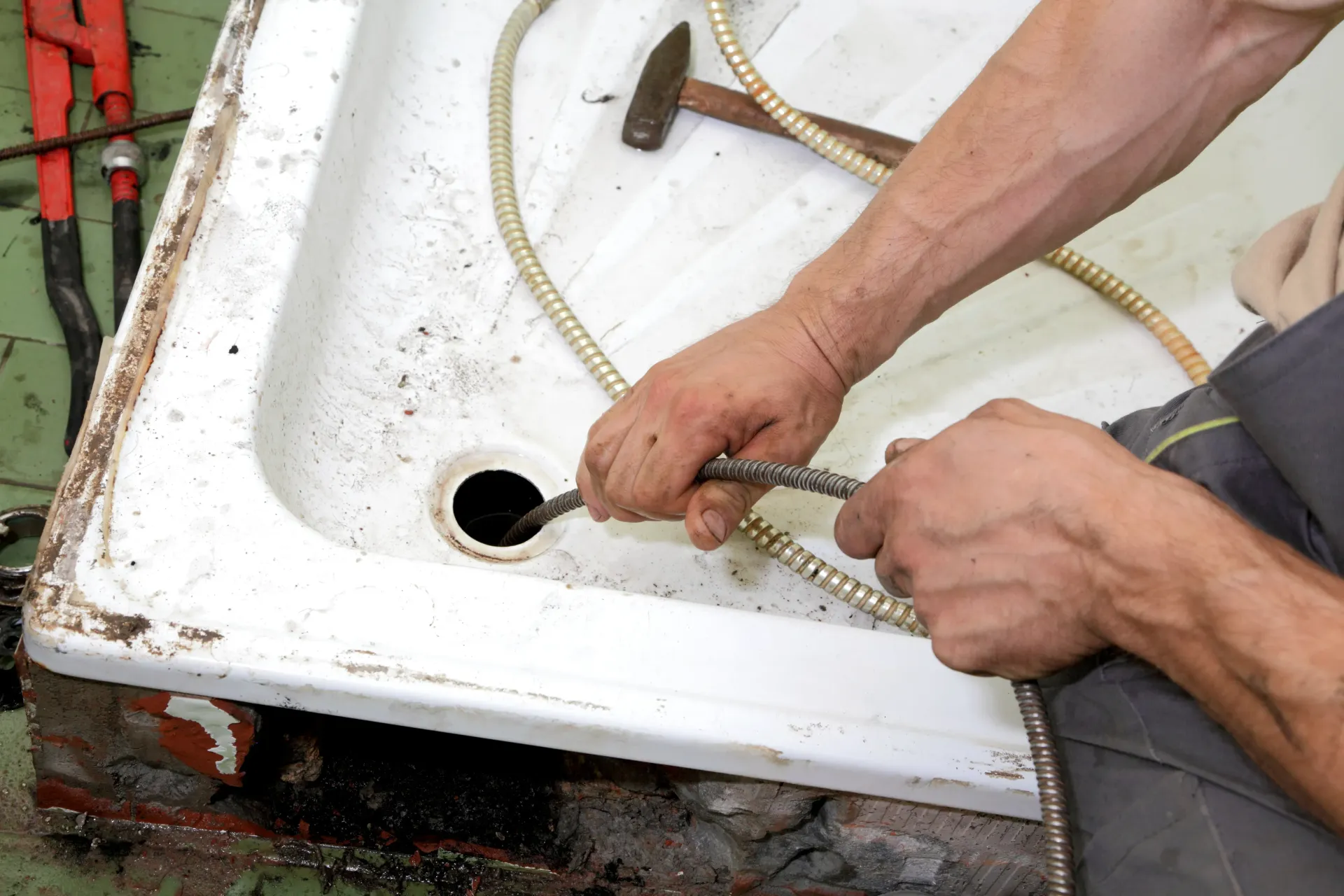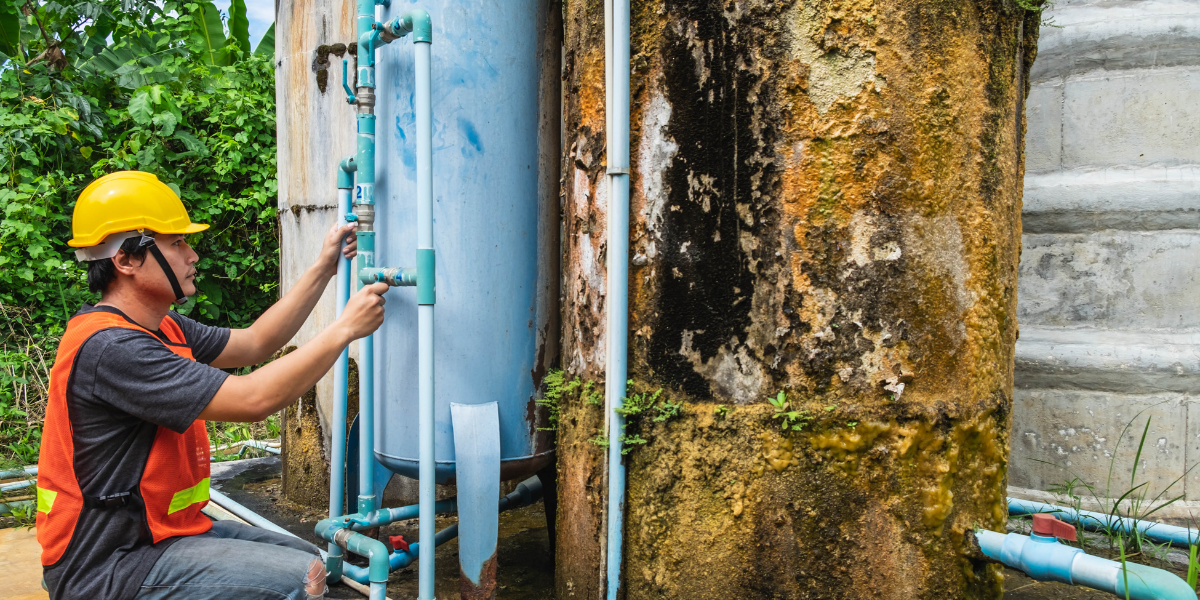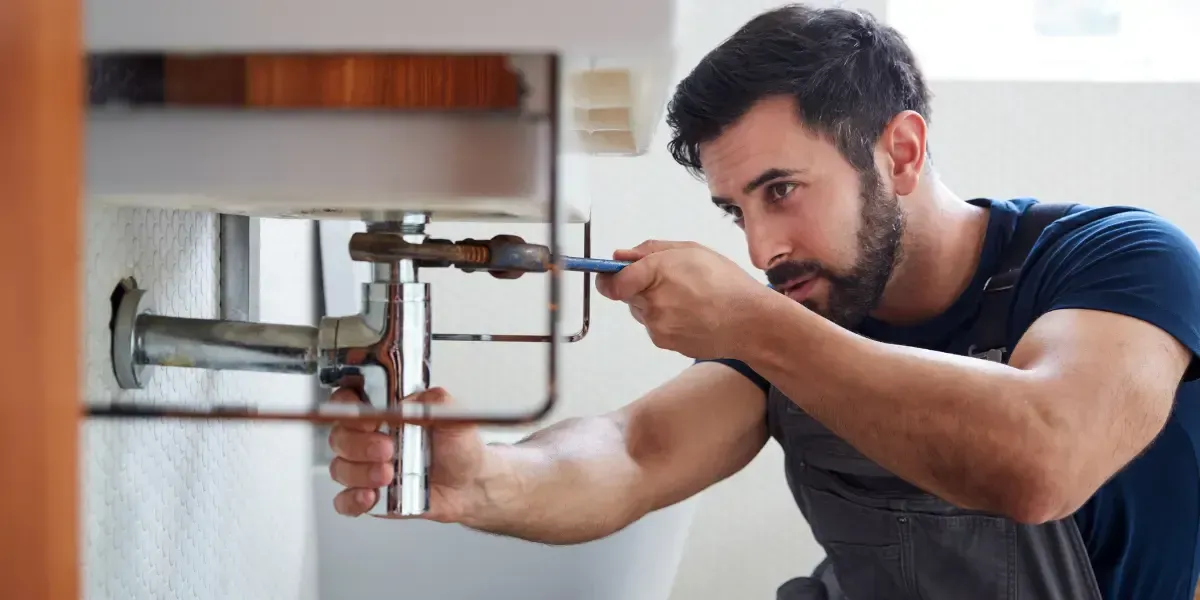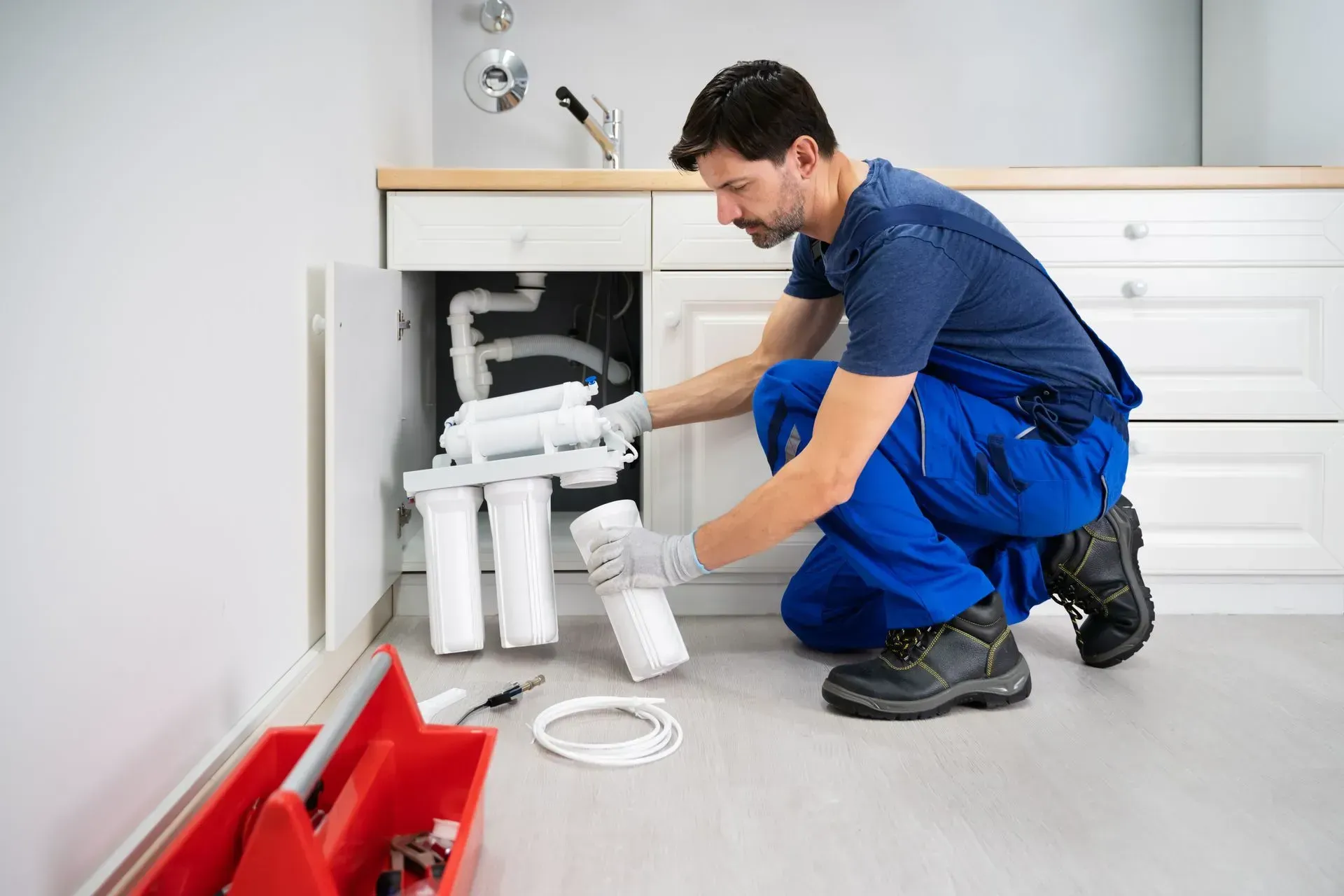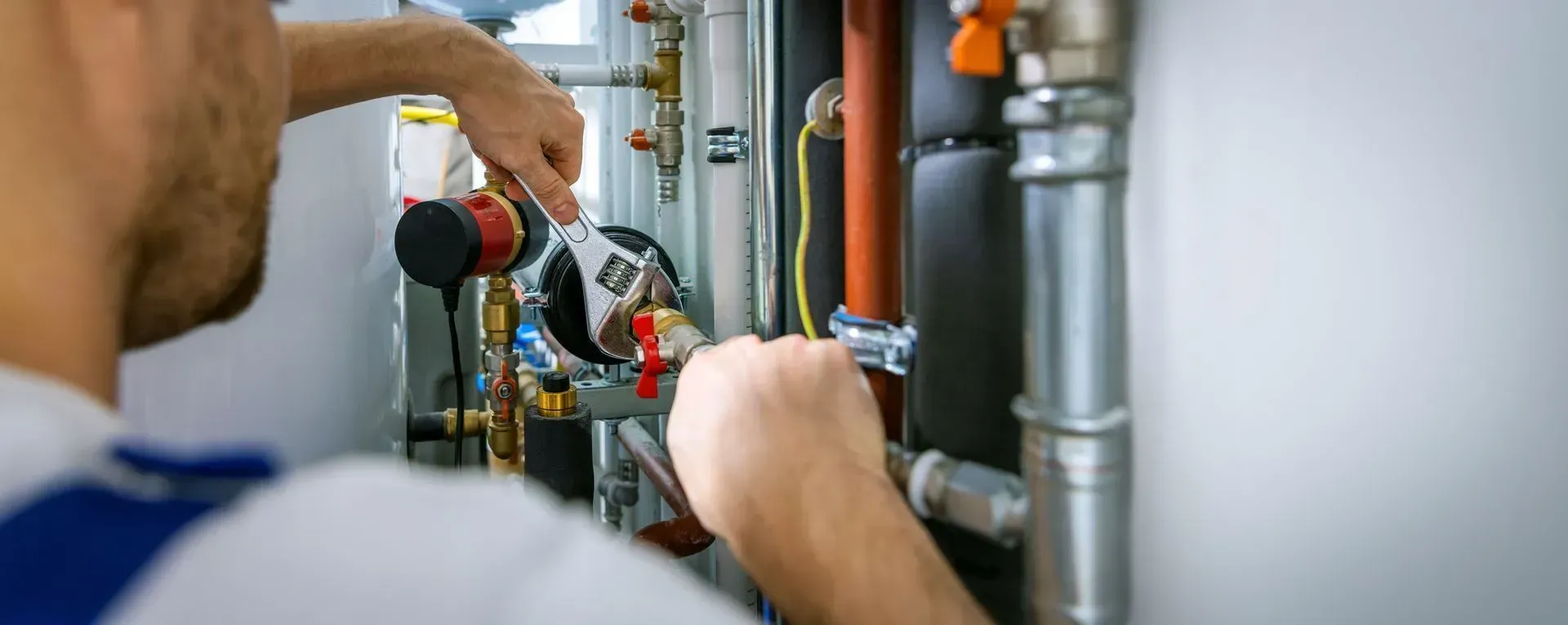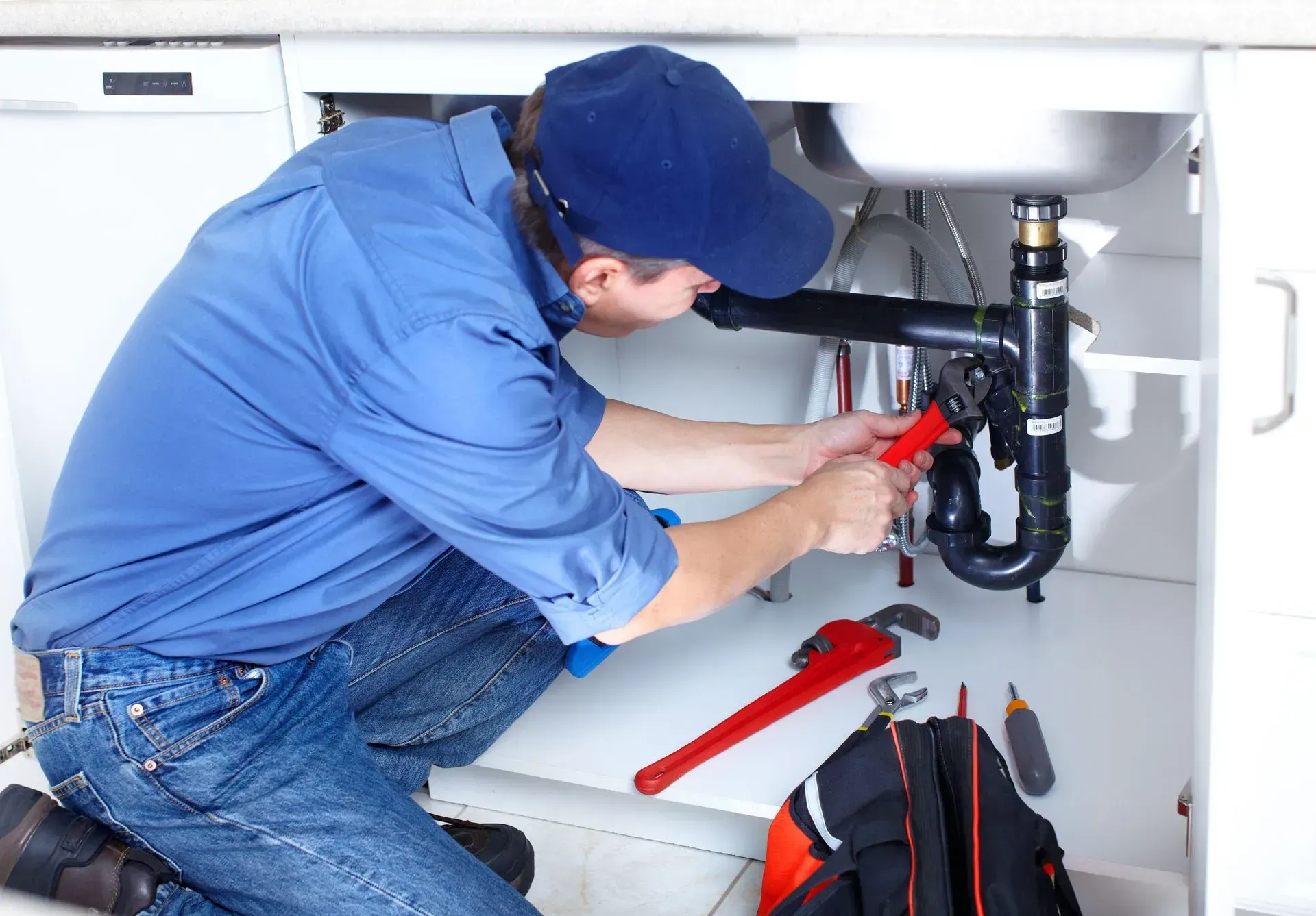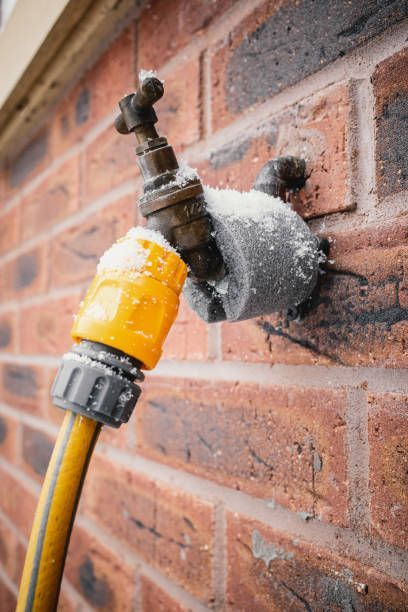Quick Guide to Installing a Whole House Water Filter
Clean water is essential for a healthy home. From drinking and cooking to bathing and cleaning, water touches every aspect of our daily lives. Yet, many households unknowingly rely on municipal or well water that may contain harmful contaminants.
A
whole house water filter provides a comprehensive solution, ensuring that every drop of water entering your home is clean, safe, and free from impurities. This guide explains the benefits, installation steps, and why hiring experts like White Oak Plumbing can make all the difference.
What is a Whole House Water Filter?
A whole house water filter is a filtration system installed at the main water line, treating all the water entering your home. Unlike point-of-use filters, such as those attached to faucets or under the sink, whole house systems provide filtration for every tap, appliance, and shower. These systems typically consist of one or more filter stages, which may include sediment filters, carbon blocks, or specialized media depending on your water quality.
Why Install a Whole House Water Filter?
The benefits of installing a whole house water filter go far beyond taste. First and foremost, you safeguard your family’s health by removing contaminants like chlorine, lead, mercury, bacteria, and volatile organic compounds (VOCs). Secondly, clean water reduces scale buildup in plumbing and appliances, leading to fewer repairs and longer-lasting equipment. Lastly, filtered water improves the experience of everyday activities—your laundry smells fresher, your food tastes better, and your showers leave your skin and hair feeling softer.
Signs Your Home Needs a Water Filtration System
There are several telltale signs that your home could benefit from a whole house water filter. If your water has a strong odor or unusual taste, that’s an immediate red flag. Staining on fixtures or clothes, frequent clogs in faucets, or visible sediment in your glass are other clear indicators. Skin that feels dry or itchy after bathing may suggest the presence of chlorine or hard minerals. If you've recently moved to an area with known water quality issues, it's wise to test your water and consider filtration.
Types of Whole House Water Filters
There is no one-size-fits-all when it comes to water filters. Common types include:
- Sediment filters: Capture dirt, rust, and other large particles.
- Carbon filters: Remove chlorine, pesticides, and bad odors.
- UV filters: Disinfect water by killing bacteria and viruses using ultraviolet light.
- Reverse osmosis systems: Highly effective at removing a broad spectrum of contaminants, but often used in point-of-use applications unless part of a larger system.
Choosing the right type depends on your water source and specific concerns.
How to Choose the Right System
Begin with a comprehensive water quality test to identify contaminants. Based on the results, consider the system's flow rate (measured in gallons per minute), capacity, and maintenance requirements. Larger households may need high-capacity systems. Also factor in cost, filter lifespan, ease of installation, and availability of replacement parts. A professional plumber can help you analyze your water report and recommend the best system for your needs.
Step-by-Step Installation Process
Installing a whole house water filter typically involves these key steps:
- Shut off the main water supply and relieve pressure from the system.
- Choose an accessible location, preferably near where the main water line enters your home.
- Cut into the pipe and install shutoff valves and a bypass valve system.
- Mount the filtration unit and connect the inlet and outlet pipes.
- Install pre-filters if needed, then flush and test the system for leaks and pressure.
Professional plumbers ensure every connection is sealed correctly and the system is optimized for peak performance.
DIY vs Professional Installation
DIY installation may seem like a cost-saving option, but it comes with risks. Misaligned connections, poor sealing, or improper mounting can lead to leaks and even water damage. Additionally, you may void the manufacturer's warranty if not installed professionally. Hiring licensed plumbers guarantees compliance with local codes, expert assessment of your plumbing infrastructure, and peace of mind.
How Much Does It Cost?
Whole house water filter systems can range from $300 to $2,500 depending on type, capacity, and brand. Professional installation typically adds $500 to $1,200, influenced by system complexity and your home's existing plumbing setup. Ongoing costs include replacement filters and annual maintenance. While the upfront investment may seem high, the long-term savings in appliance repairs, bottled water, and health expenses are significant.
Maintenance Tips for Longevity
To keep your system working efficiently:
- Replace filters as recommended, usually every 6–12 months.
- Inspect the system annually for leaks, wear, or pressure drops.
- Flush the system periodically to remove trapped particles.
- Schedule professional checkups to extend the life of your unit.
Ignoring maintenance can reduce filtration performance and compromise water quality.
Common Mistakes to Avoid
Many homeowners make avoidable errors such as selecting the wrong filter type for their water conditions or failing to install a sediment pre-filter. Skipping regular maintenance or attempting complex installations without plumbing knowledge can lead to costly issues. Always consult a professional to ensure your investment is protected and your family enjoys the cleanest water possible.
Located in Vancouver, WA, White Oak Plumbing offers expert water filter installation tailored to your home’s specific needs. Their team of licensed, bonded, and insured professionals ensures top-tier service, from selecting the right system to flawless installation. Whether you need a simple carbon filter setup or a multi-stage system with UV and reverse osmosis components, White Oak Plumbing delivers results you can trust.
Why You Should Choose White Oak Plumbing
With over a decade of hands-on plumbing experience, White Oak Plumbing has built a reputation for reliability, transparency, and superior craftsmanship. They specialize in water filtration systems and understand the nuances of local water conditions. Their commitment to customer satisfaction, use of quality materials, and 24/7 availability make them the go-to choice for residents across Vancouver, Camas, Battle Ground, and beyond.
Conclusion
Installing a whole house water filter is a proactive step toward a healthier, more efficient home. It offers comprehensive protection from waterborne contaminants and enhances daily comfort.
Whether you’re dealing with hard water, sediment, or simply want peace of mind, the right system—professionally installed—makes all the difference. For expert guidance and reliable service, trust
White Oak Plumbing to help you enjoy clean, safe water every day.
Frequently Asked Questions
What does a whole house water filter do?
A whole house water filter purifies all the water entering your home, removing contaminants like chlorine, sediment, and harmful chemicals from every faucet and appliance.
Do whole house water filters remove bacteria?
Some systems, particularly those with UV or advanced filtration stages, are effective at killing or removing bacteria. Standard sediment or carbon filters typically do not remove microbial threats.
How often should I replace my whole house water filter?
Replacement frequency depends on usage and filter type but typically ranges from every 3 to 12 months. Always follow the manufacturer's guidelines.
Is it worth getting a whole house water filter?
Yes, it improves water quality, extends the life of appliances, and can enhance your family’s overall health and comfort.
Can I install a whole house water filter myself?
While technically possible for skilled DIYers, professional installation is recommended to ensure safety, efficiency, and warranty compliance.

